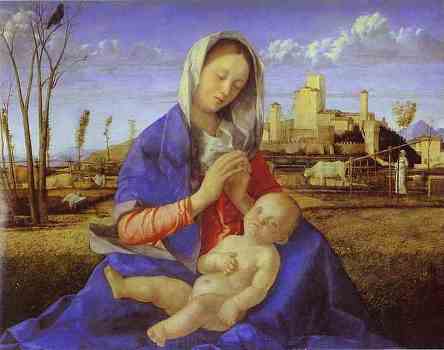The Subject in Poetry
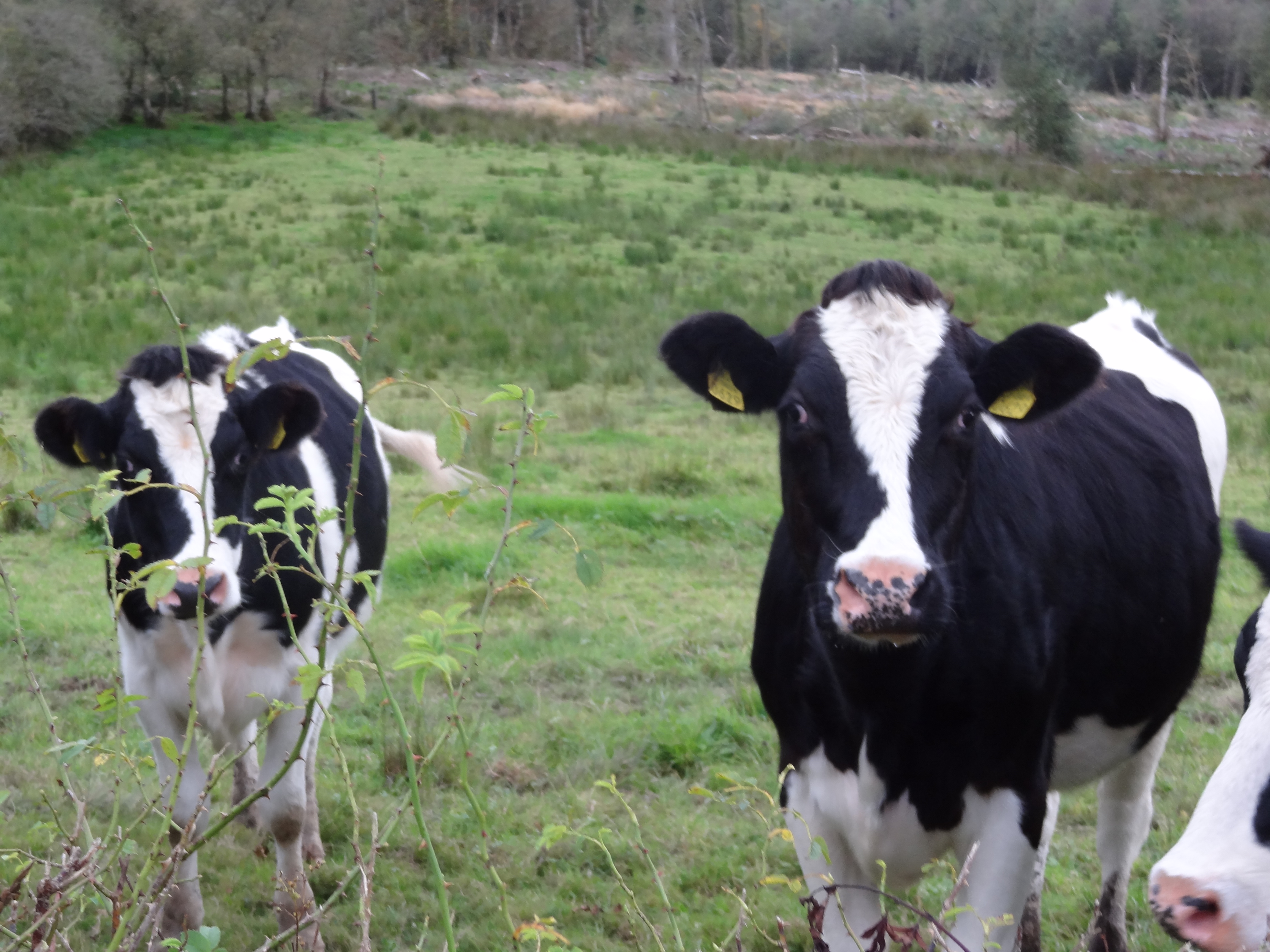
Percy B. Shelley wrote: Poetry lifts the veil from the hidden beauty of the world, and makes familiar objects be as if they were not familiar.
How to find a Subject
The poet is, at least to a certain extent, a player with words, and he/she makes what Auden has referred to as a “verbal contraption”. Words are to the poet what clay is to the sculptor, a tangible material. To what degree a poem is fashioned as a vehicle for an idea and to what degree as a verbal bauble created out of sheer exuberance varies with the poet and the occasion of the particular poem. A poem may begin with a line or phrase, and poets may feel their way to the poem’s final shape without having much idea how it is going to turn out. Some poets might begin with a feeling in their bones or a tickle in the end of their right index finger. In this case, one must cast around for a point of departure, a word, an image, or a remembered moment of illumination, to use as a springboard to plunge into the poem. When Les Murray was asked ‘where do his poems start from?’ – his answer was – ‘they usually start half-way up my arm and work their way down.’ (Extract from The Poet’s Manual by Frances Spillman)
DOWNLOAD this lesson on The Subject in Poetry that includes links to subject poems, writing exercises and various poems, including Sylvia Plath.
IMAGINING MY CONVICT FAMILY & MY 2 x GREAT GRANDPARENTS
A few years back a dear cousin of mine sent me information on my convict ancestry. In a letter she wrote: Dear Helen,
Hope this letter finds you well. An explanation of what I have enclosed. Robert James was your great, great, great, great grandfather. He was a convict, sentenced to fourteen years and transported to Australia in 1826. Catherine came to Australia in 1831 (free) with four of their eleven children. Another one of their g,g,g,g granddaughters is trying to track down all of their descendants. She sent to Scotland and got a copy of his trial papers.
I’m trying to get a copy of the papers as well, so I’ll send you and Jimmy one when I have them. John Garbutt was born in Yorkshire in 1833. I’m not going down that track as the descendants of the Garbutt family are writing a book so they want to search out the family for themselves. Love to all, x
Renga for my 2 x Great Grandparents
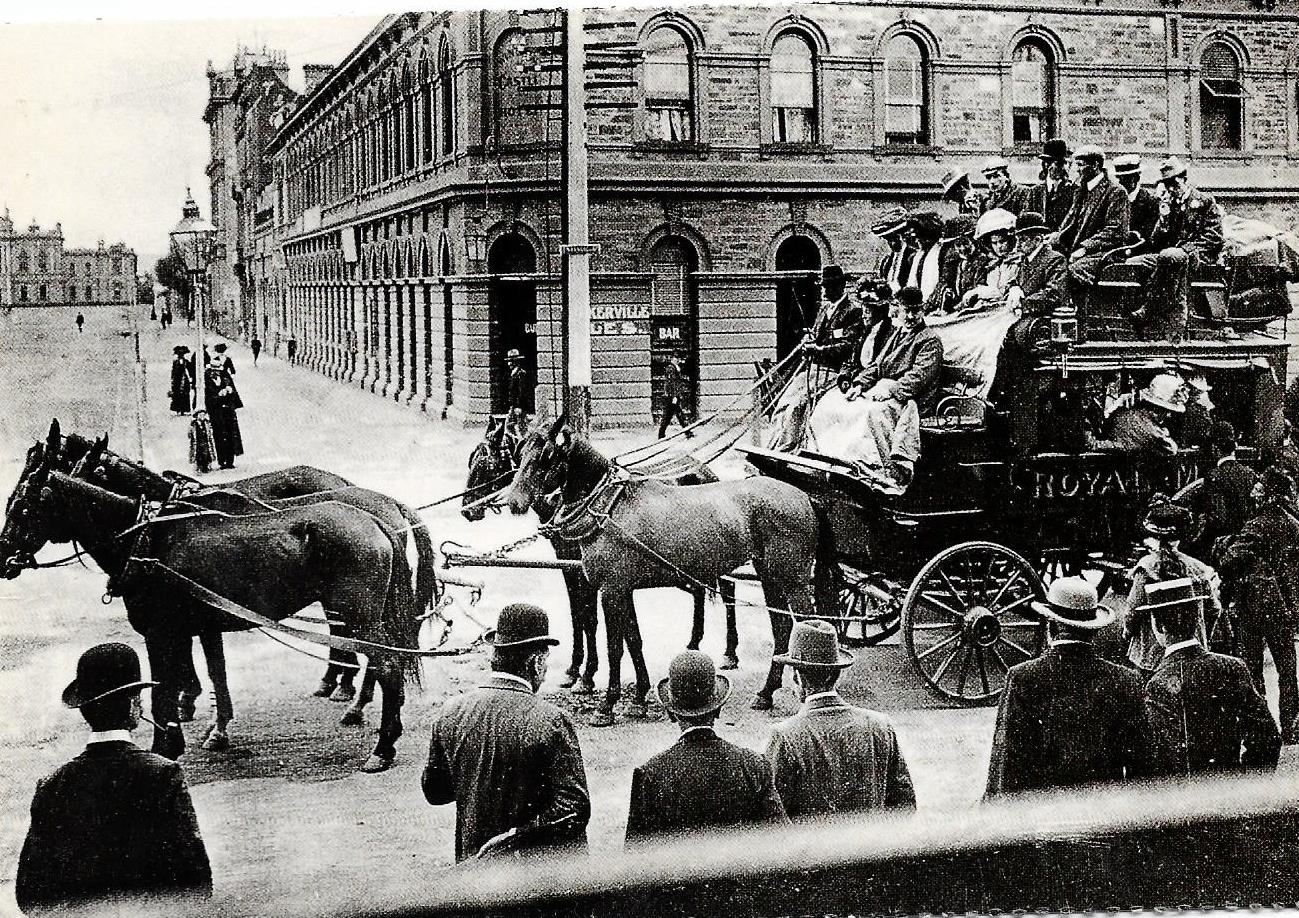
Renga for my Great, Great, Great Grandparents
For William and Isabella James
Horses and buggy stumble into the stream. My 1880’s
grandfather has love in his throat for geldings, stock
footers of the bush strafing river moss and stone.
Mist colours the Hunter Valley ghosting the
flotsam and dross of a storm’s punitive ride.
On a reedy edge, a dog
mindful of temperature and depth
flips water from its paw.
This photograph is tribal. Three men dressed in
Sunday suits share boot-rail, flask and tobacco smoke.
The flood splashes out of the creek,
draining its muddy cargo of grey linen
on waratahs, banksia and fern.
Great grandfather bristles in broadbrimmer, pockets time
in his waistcoat, and the woods surround him in green.
In the covered two-seater, great grandmother
in shelf-like bustle, ribbon-trimmed dress, holds a
picnic basket, cake tin, and her Victorian tongue.
COPYRIGHT MATERIAL (c) 2024
The Poetry of Travel
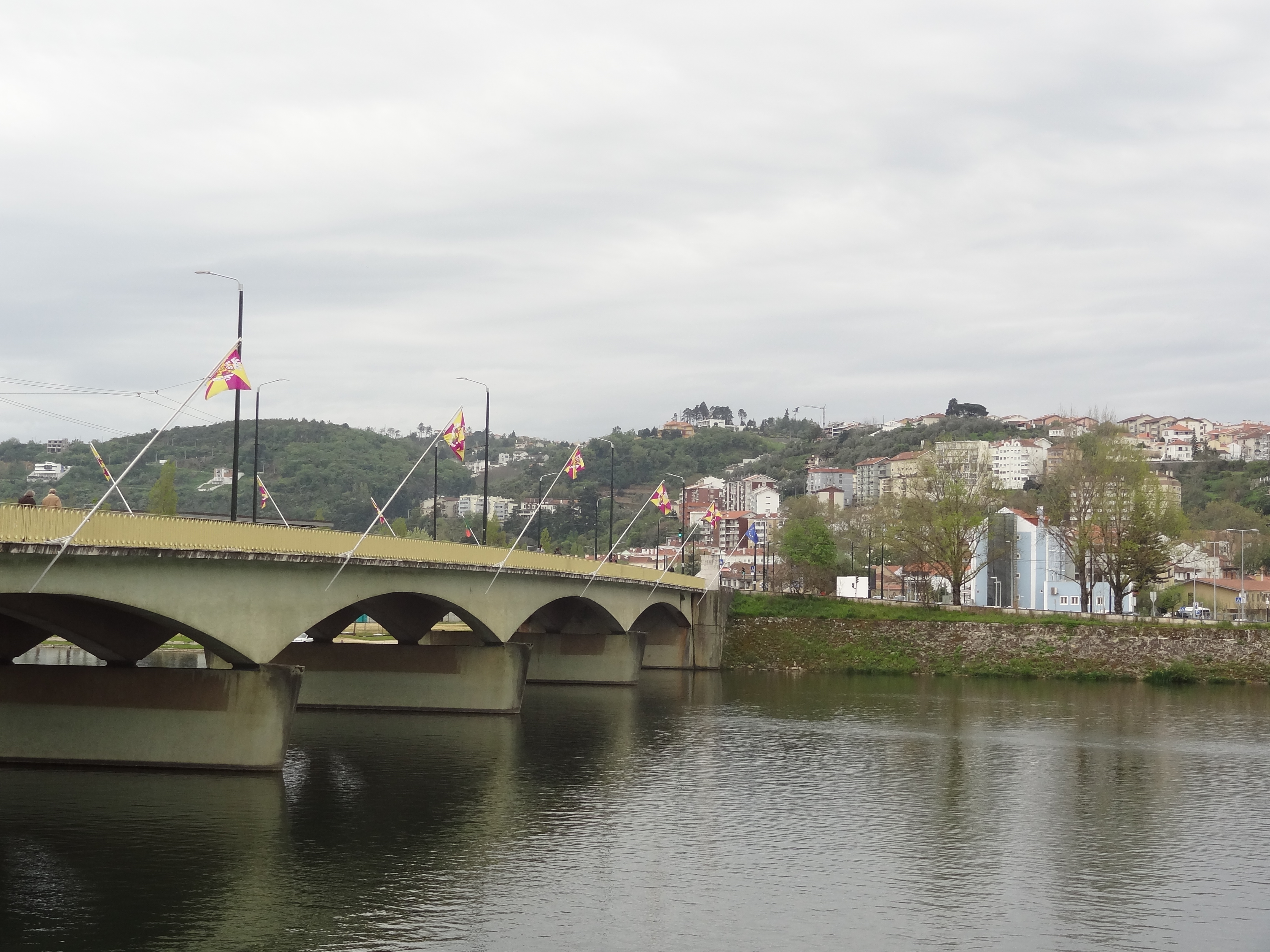
From Homer (The Odyssey) to Lord Byron (Don Juan) to Elizabeth Bishop, the experience of travel and its vicissitudes has been a natural subject for poetry. The relationship between travel and poetry is so tightly woven that poets and critics have a long tradition of adjacent critique, positing the genre as ‘travel poetry.’
Perhaps the most important feature of travel poetry, and what sets it apart from bucolic traditions, is the position of the traveler/ poet as foreigner. The social displacement that results from travel makes observers of us all, and this can be particularly useful to a poet. An observer’s distance provides an ideal perspective from which to track and stockpile details: place names, local dishes and beers, a different language or dialect, costumes, customs and daily lifestyles.
By separating from the familiar, the poet is free to reinvent and redefine ‘place’ through personal experience. During the course of travel, the poet may see the “elsewhere” through a filter or lens, which can serve to highlight cultural assumptions, dismiss any stereotypes or simply reveal the unknown. The importance of seeing another culture with fresh eyes is to also edify any misconceptions, i.e. how one may feel towards another culture, its people and traditions. The pleasure of this self-awareness may account for the many personalized travel articles, novels, stories and poems. The attraction for “the other/ the exotic” often leads to a number of permanent expatriated writers writing about their ‘homeland’ from abroad.
The position of outsider also allows the poet to accent and frame distinctions between binaries of travel: home and away; domestic and foreign; familiarity and otherness. Fleur Adcock journeys back and forth from New Zealand where she was born, to London where she now lives. In her poem ‘Londoner’ she writes of these binaries, experiencing the alternating change from a warm climate to a cold northern winter.
Scarcely two hours back in the country
and I’m shopping in East Finchley High Road
in a cotton skirt, a cardigan, jandals –
or flipflops as people call them here,
where February’s winter. Aren’t I cold?
The neighbours in their overcoats are smiling
at my smiles and not at my bare toes:
they know me here.
I hardly know myself,
yet. It takes me until Monday evening,
walking from the office after dark
to Westminster Bridge. It’s cold, it’s foggy,
the traffic’s as abominable as ever,
and there across the Thames is County Hall,
that uninspired stone body, floodlit.
It makes me laugh. In fact, it makes me sing. (c)
This is an excerpt of a poetry workshop I conducted in 2011 at the Grove Library. (c)
What is Metaphor?
WHAT IS METAPHOR? – A metaphor is a figure of speech in which the comparison is implicit, with one thing replacing another: “My love is a red, red rose” or “The red, red rose of my love.” Often the comparison is made between two things essentially unalike. For Robert Frost, metaphor was what poetry is all about. He is notably a poet of metaphors. See his poem The Silken Tent. Frost said, ‘Poetry begins in trivial metaphors, pretty metaphors, ‘grace metaphors,’ and goes on to the profoundest thinking that we have. Poetry provides the one permissible way of saying one thing and meaning another. People say, ‘Why don’t you say what you mean?’ We never do that, do we, being all of us too much poets. We like to talk in parables and in hints and in indirections – whether from diffidence or from some other instinct”. Referencing: An Excerpt from his essay “Education by Poetry” by Robert Frost.
The use of metaphor in poetry is one of the most important aspects of poetic style that should be mastered. Metaphor, as part of figurative speech, is a thing that is referred to as being something that it resembles. For example, a fierce person can be referred to as a tiger. Another example of a good metaphor is Michael Ondaatje’s vision of grasshoppers as “dolphins of drought”. The metaphor is used to explain the leaping quality of the grasshopper and for the reader to imagine this. We are not meant to see an image of a dolphin leaping out of water, but rather an insect leaping across a barren landscape. In this way, the metaphor explains, elucidates our imagination, and creates a relationship with the insect that is not described in ordinary language. Poets also use metaphor as a way of explaining or referring to something in a brief but effective way.
Metaphor works on many levels. The best way to show how a metaphor functions is to study the use of sustained metaphor. Sustained metaphor refers to a metaphor that consistently runs through the entire poem and is therefore easily identifiable. Metaphors that are sustained also provide a depth and inner complexity to the poem.
A Small Village Family – sustained metaphor [Published in of Arc & Shadow]
My oldest brother is a flamingo, preening his body
at the edge of a marsh. Often, he flies so high that
he cannot land. My mother is a straw broom, standing
proud in the cupboard with other brooms. Over floors
she is never still, sweeping dust & sundry under carpets.
My youngest brother is a large snapper. Already he is
thinking of ways to avoid the fisherman that he will become.
My father is a willow. When he meets other willows he
shakes their hand, tickles their palm. He belongs to the
secret male society of ‘The Blue Aprons of Willows’.
My mother & father think I’m a Hymn Book, poised on church
pew, where my rhymes are sung in the choir on Sundays.
Both brothers think I’m a duck with a fat bottom, waddling along
the street, taking photographs of other fat ducks’ bottoms. Yet
I’m none of these. I’m a village shop with poetry, fiction and
thrillers. They’re not written yet, but I’m getting around to it.
COPYRIGHT MATERIAL (c) 2024
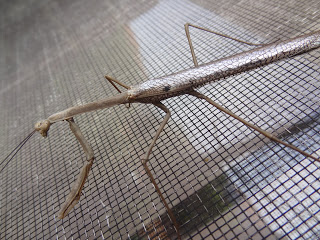
Praying Mantis
From inside the house
the praying mantis looks like
a caught twig, a small gesture
of wood rocking on wire.
Up close, it draws you in and
outdoors, its pencil-spine a cloudy
grey. Grey as the litany of squares
she hugs. The most interesting thing
is the way she carries her colours t
o meld or disappear into fabric,
cottage wall, or branch. Tomorrow
she may be yellow, pink, or green
depending on the plot-size of garden,
or unattended window, the parallel
lines of wire-mesh giving just the
slightest hint of stick, of leaf.
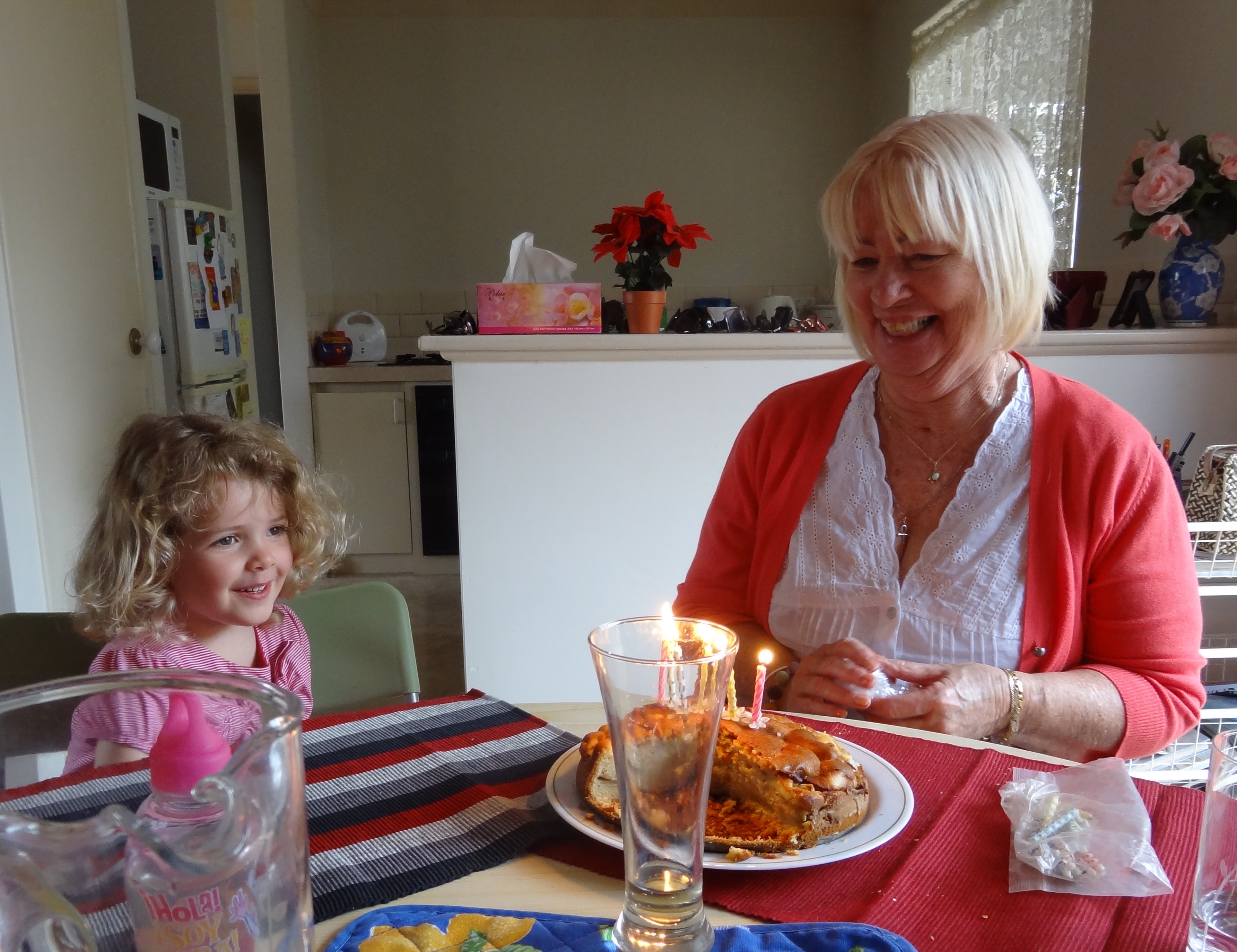
Granddaughter & Grandmother Poem
My granddaughter is weaving a web
of desire, her shoes clapping
the undersides of a chair.
She waits for six candles
to be lit on her grandmother’s cake.
From a match they glow in their soft
bodies of wax: two pink, one green,
two yellow, one blue. Candles in spirals that
decorate the baking of butter, apple and cinnamon.
She takes up the custom, learning now
by age, by each year’s celebrations
of cousins, of mother, of father.
When we blow from different depths,
candles light our journey, as if this
is a tiny avenue aflame with moon shadow
and we are walking hand in hand.
We are in a dream bell of polished thoughts,
when a wisp of smoke disappears,
staring, smiling at each other.
∂∂
Bedroom
A suitable room for sleeping, well housed, a kind of delightfulness without any complaining if the measurement is right. A window is a wide veil and that means a spectacle of shadows and very likely a verdant view below. An arrangement might be two bedrooms of different colours particularly a purple room with a wise chair for thinking. It is so necessary to sit without custody or betrayal when the mind has no vacancies. In a green room there is nothing wasted on waking only suitable bedding is never white and that means changing with special attention if there is no spring or stream to clean, for cleaning is a tradition of gallons given away. Too much devotion to water means reduction and is not lessening in an age of lessening. The main action is washing wearing, renewing and certainly a bedroom is not for eating. It is a soft place for reverie if the mood is right, a right place for dreaming and a good place to order titbits of secrets in repose.
∂∂
Rainbow Lorikeet
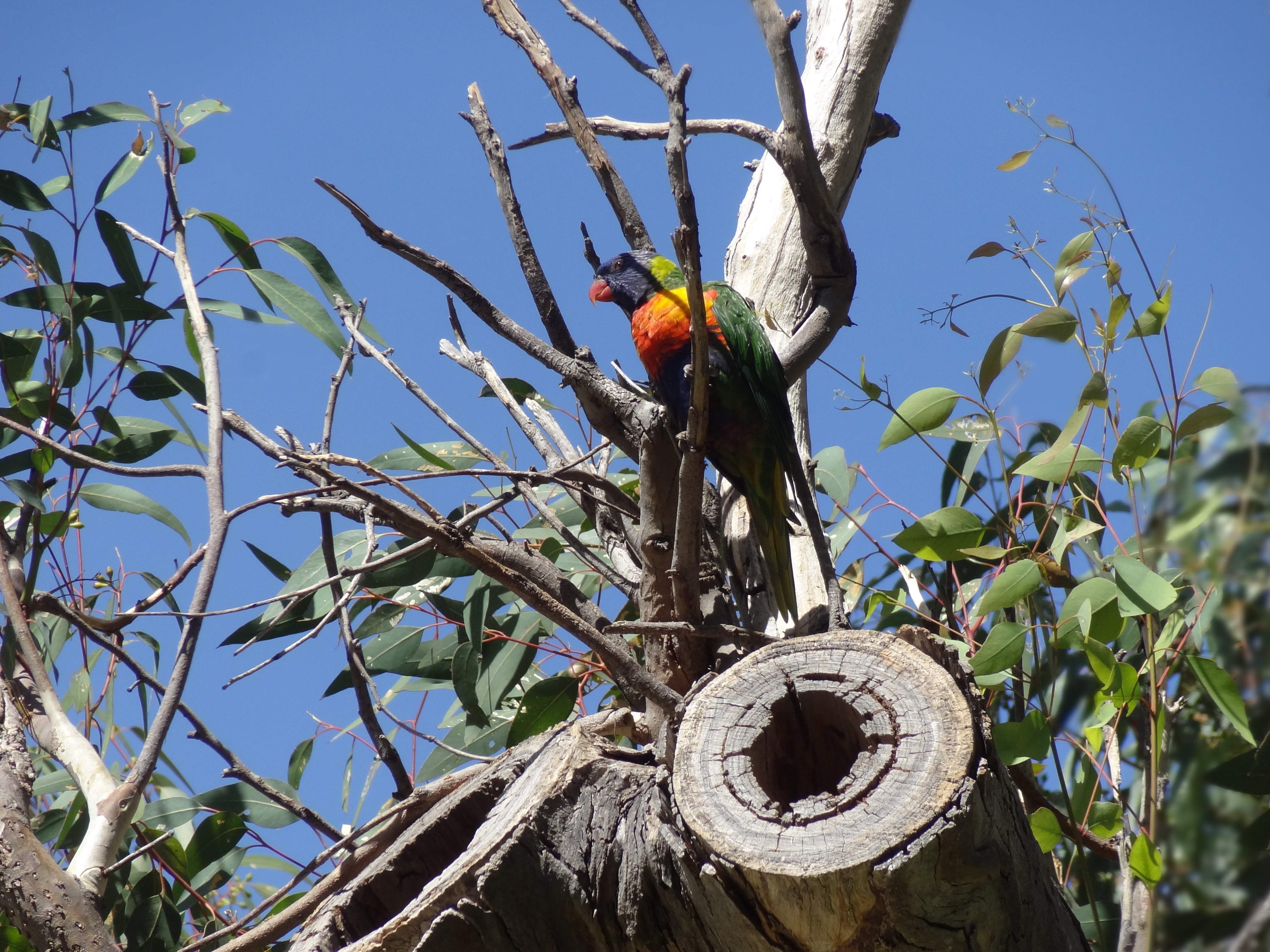
You are the fields of red and the blue tulips of Izmir.
You are the harvest green of the Punjab,
the orange turban of the Hindu
and possibly the setting glow at dusk.
However, you are not the black swan
that pecks below your tree, the seedless grapes
on the picnic table, and you are certainly not
the cockatoos suddenly in flight.
It is possible that if you changed existence,
and were not just a bird in its rightful place,
you would be the blue origami on a Willow plate,
even the bridge, the fleeing lovers, crossing.
And anything else that’s blue like the two immortal doves.
But apart from all this blue, you certainly are
the fields of red, stylized tulips, the yellow at sunset.
And you are the wavering lines of harvest green
in the Punjab, and the orange swirled on top
of the Hindu’s head.
∂∂
Silverfish
Not as lucky as a Las Vegas dollar
nor as silver,
but if you look inside panelled rooms
there may be several silverfish
touring endlessly in the house
of a miser or in one of those 19th century
cottages where the rain soaks North Somerset,
bookshelves covered in trench coats.
You know that silverfish chew into glue,
plaster, paint, photos, sugar, coffee,
hair, carpet, clothing, dandruff,
book bindings and paper (and that’s
a lot to get through in a week!)
Imagine one slippery silverfish
in the musty library of a French poet
travelling through paragraphs of Reverdy,
John Donne, Simone De Beauvoir or Sartre,
his hunger moving toward simile and speech,
words curling into little white ropes
and lifting from the page,
one letter at a time.
∂∂
Monarchs & Homeric Thought
There are Monarchs roaming the eastern-side of the Rockies. Some are about to land on milkweed in Texas, or rest on flower nectar in the fields of Oklahoma. Monarchs often pose their wings on vines, flapping out their canopy of orange, and black veins; their six legs clinging to the crown of prairie flowers. Monarchs are simply the supreme aviators of the Nymphalidae world, flying through rain, the deep canyons of Mexico. They adapt their technique of flight as mimicry, or dread, fearing a disappearance of milkweed as chain saws rip through the Amazon. And so aligning their paths with the earth’s magnetic field, they rouse themselves to birth new Monarchs in Hawaii, Australia or New Zealand (where milkweed grows). One is in awe of this butterfly, the many naturalists, and all the universities who have brought you this as you make a note to self that forethought is the electricity of learning. One butterfly, especially named Danaus after the great-great-granddaughter of Zeus, flew to him as a shower of golden petals. Imagine the gorgeous trail of her bright orange gown, dusting him down with its edges of velvet and accent of pearls. Zeus more likely, at that very moment, and distracted by the calm landing of her appearance, possibly thought about the hopelessness of war, the calamity of another god’s ruin, or his position on the throne, causing him sleepless nights. Vexation brought to a halt in the beautiful flutter of golden wings. And what of Homer? In The Odyssey he speaks of black wine, the sky as bronze, a wine-dark sea, and darkening Cyclops’ purple sheep. And the most incredible thing that you could imagine is, that in 1100 BC, he saw the colours of fruits and berries in the palette of fields and trees, especially the colour of a bee’s hard labour in a Monarch’s wing.
∂∂






